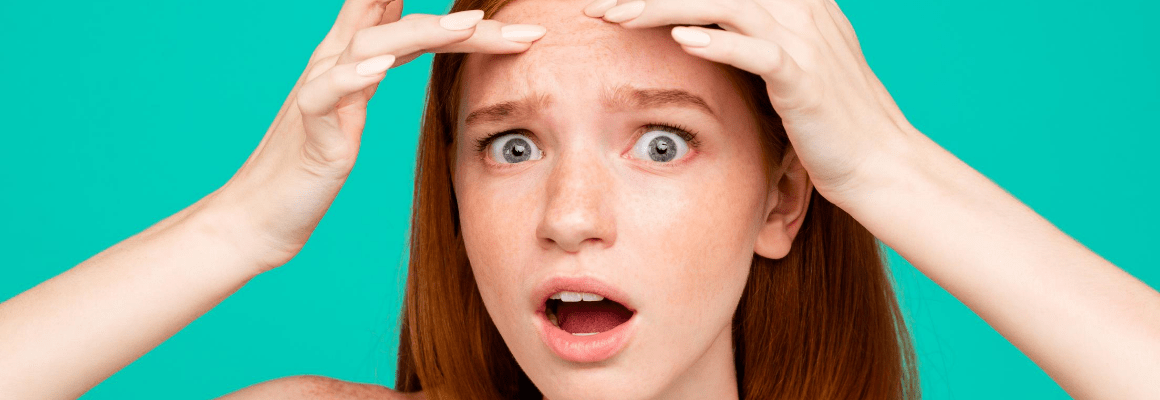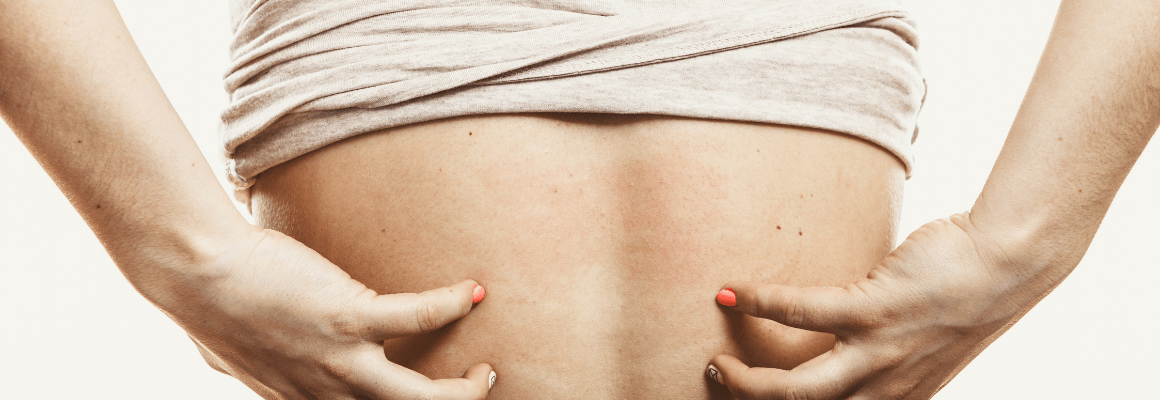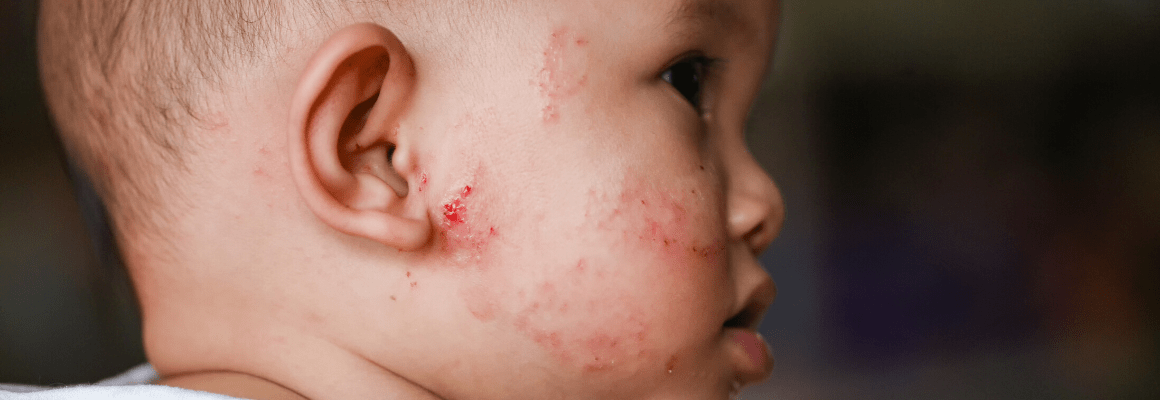Most young adults and adolescents between the ages of 11 and 30 experience acne in their lives. There is, however, a severe type of acne that is relatively uncommon and affects a much smaller portion of people. This is called cystic acne. Read on to discover what exactly cystic acne is, what causes it, and how you can treat it naturally.
What is Cystic Acne?
As mentioned, cystic acne is a severe type of acne. With cystic acne, the pores in the skin become blocked, trapping in bacteria, dry skin cells, and oil. This can lead to inflammation and infection. Not only can it be painful, but it can also be emotionally distressing for people as it typically affects the face. That being said, it can also appear on the chest, neck, back, arms, and sometimes even behind the ears. Often, cystic acne looks like boils on the skin. It can appear as large pus-filled bumps, redness, and be painful to the touch, especially when skin is picked.
What Causes Cystic Acne?
Although anyone can develop cystic acne, it typically develops in those with oily skin. All pores of the skin have sebaceous glands that secrete an oily substance known as sebum. The overproduction of sebum can cause the skin cells to become blocked, leading to cystic acne. One of the reasons acne is so common in teenagers is that during puberty, there is a heavier production of sebum. Other factors that can cause cystic acne include hormonal changes in relation to the menstrual cycle, pregnancy, and birth control (which is also why it more commonly affects women), sweat and humidity, greasy cosmetics, and even stress. It is not caused by poor hygiene or diet choice.
How to Treat Cystic Acne Naturally
As cystic acne typically appears on the face, it’s important to use gentle and natural products. This will prevent you from further aggravating your already sensitive skin.
Skin Care Tips
To reduce the risk of developing cystic acne, we recommend the following skincare tips. To start with, avoid touching your face as much as possible. Picking at your pimples will only aggravate your acne. You should also avoid harsh exposure to the sun and use sun protection when you go out. If you wear make-up, choose products that agree with your skin and don’t forget to remove thoroughly before you go to bed (no matter how tired you are!) Finally, be sure to gently wash your face in the morning and at night, as well as after exercising, using natural products. However, be sure that you don’t overwash and be sure to use a natural soap or cleanser as harsh chemicals can be unkind to sensitive skin.
References:
https://www.healthline.com/health/beauty-skin-care/cystic-acne










